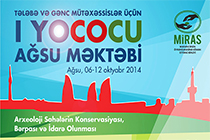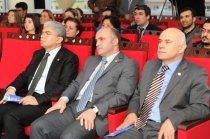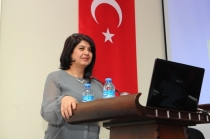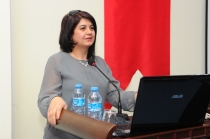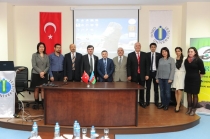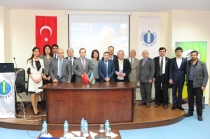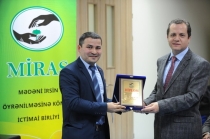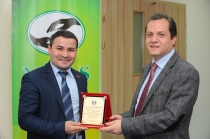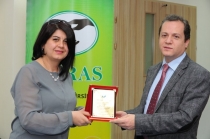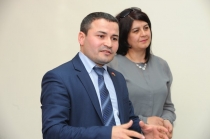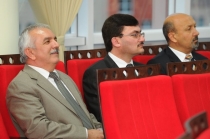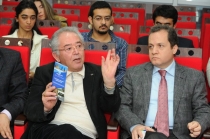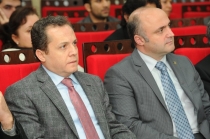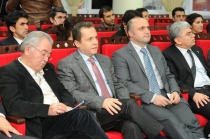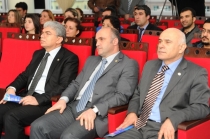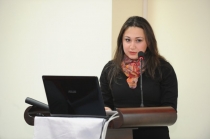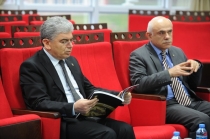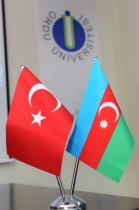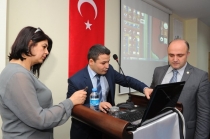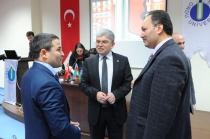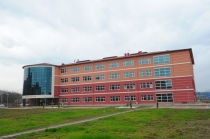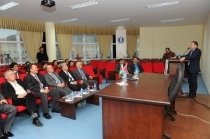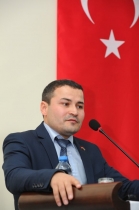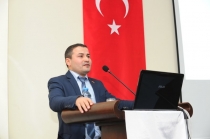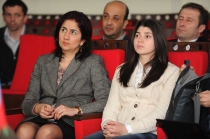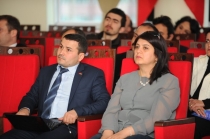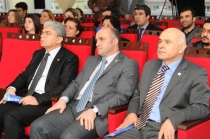Agsu, AzerbaijanCourse Description and Methodology
The course adopts a collaborative and multidisciplinary approach and is designed for students and young professionals involved in the conservation and management of archaeological sites.
The focus will be on innovative and eco-friendly methods, from diagnostics to maintenance to intervention.
The primary goal of the course is to provide the participants with a targeted package of knowledge that could be put into use from the very first moment, including effective conservation methodologies, and ensuring a practical understanding of appropriate repair methods and long-term management strategies.
Through lectures, discussions, laboratory sessions, demonstrations and field exercises, participants will discuss both the fundamental theories of conservation as well as consider how advances in technology and research.
Group fieldwork exercises at a worksite will provide participants with the opportunity to address actual work scenarios where multidisciplinary solutions and collaboration are required. Throughout the course, participants will be encouraged to draw upon their collective expertise from various specializations to help them arrive at more effective conservation solutions.
In content and structure, the course has been developed to address the following topics and skills as they pertain to interdisciplinary approaches to the conservation and valorisation of Agsu site.
The course is open to all but it is focused on Azerbaijan students and young professionals.
During the activity, the school will be open for thematic visits from scholar students for free.
The teachers of the school will be EU restorers, professionals and researchers in of conservation/restoration. Preference will be given to individuals belonging to the existing YOCOCU network.
Location: Medieval Agsu Town Archaeological Tourism Complex
Accommodation: Camping
Registration fee: 70 manat
Programme
Arrive in Agsu: Sunday
Monday
9-11 Introduction to Agsu archaeological site
11-13 The Conservation and Management of Archaeological Sites: examples
13-14 Lunch
14-16 Conservation theory and principles
16-19 Working group on problematic of the Agsu site and discussion of the results of the groups
Tuesday
9-11 Principles restoration and first treatment
11-13
13-14 Principles of diagnostics
Lunch
14-16 Practical work: excavation (introduction to the stratigraphic methods….)
16-18 Discussion on the findings (state of conservation, investigations…)
Wednesday
9-13
13-14 Mechanisms of decay—material and structural. Special focus: stone and ceramic materials. DR.
Lunch
14-18 Practical work: tests with restoration materials and treatment of material (e.g. consolidation, cleaning…)
Thursday
9-13
13-14 Methods of analytical investigation and Methods of recording for documentation and analysis
Lunch
14-18 Practical work: treatment of material (e.g. consolidation) and analytical investigation.
Friday
9-11 Maintenance and preventive conservationincluding innovative technologies
11-13
13-14 Micro clime: effect of cultural heritage
Lunch
14-16 Sampling of microcline parameters and interpretation
16-18 Practical work: treatment of material (e.g. consolidation) and analytical investigation.
Saturday
9-12 Planning and selection of conservation interventions
11-13
13-14 Micro clime: effect of cultural heritage
Lunch
14-16 Documentation (photo, preparing conservation fiches, data collection)
16-18 Sampling of microcline parameters and interpretation
Sunday
9-11 Multi-disciplinary teamwork in conservation. promotion of archaeological sites (artifacts, excavation process, entire site)
11-12 Closure and departure
Teachers:
Alvaro Higueras
Andrea Macchia
Silvestro Ruffolo
Simone Cagno
Laura Rivaroli
Pilar Rubiales
Maria Roraria
Research objects:
TEST STARTING (geo radar + Multi photo)
Max number of participants: 30 |

 Twitter
Twitter
 Google
Google
 Myspace
Myspace
